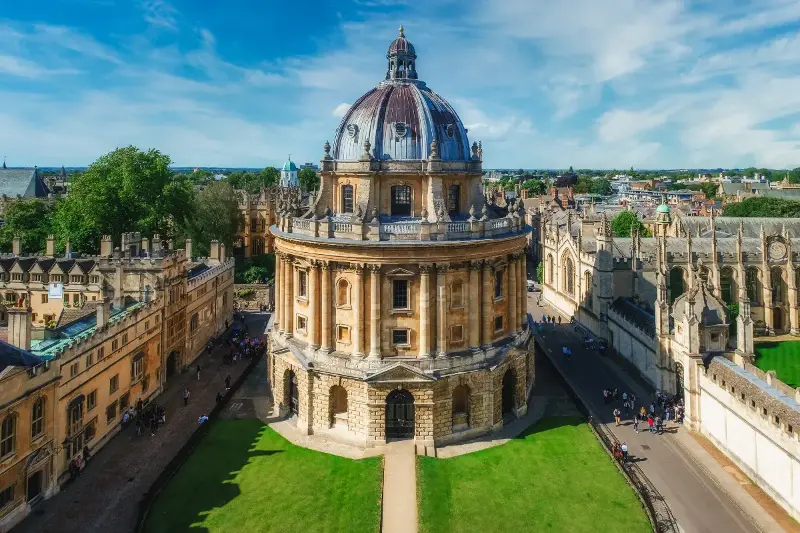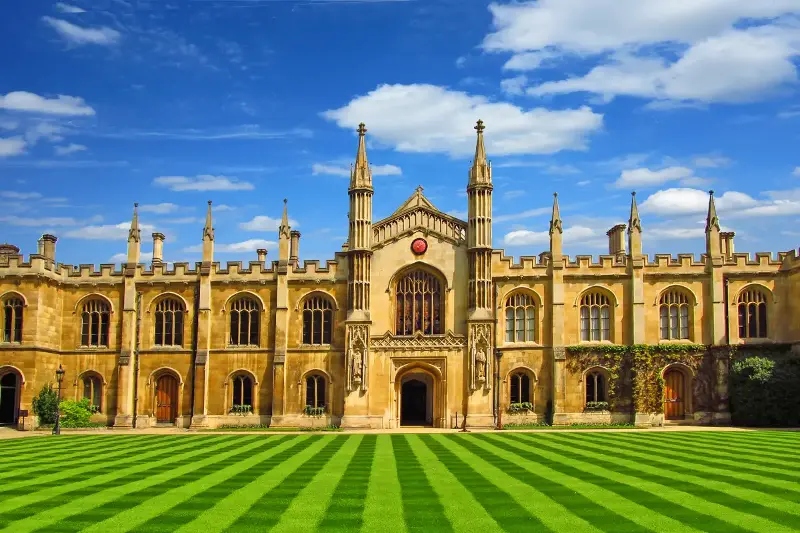The world’s oldest universities are not merely buildings of stone, cloistered courtyards, and echoing lecture halls. They are institutions that have shaped societies, revolutionised ideas, and nurtured minds for more than a millennium. At a glance, it is astonishing to consider just how long these universities have been dedicated to the pursuit of knowledge — centuries before printing presses, world maps, or even the English language itself as we know it today. Let us embark on an enlightening journey to examine how these timeless institutions have transformed lives and continue to do so.
The Birth of Universities: Seeds of Intellectual Revolution

Long before the modern concept of ‘university’ took root in Europe, ancient centres of learning thrived in various regions. In Morocco, the University of al-Qarawiyyin was founded in 859 AD in the city of Fez by Fatima al-Fihri, a remarkable woman whose vision laid the foundation for what UNESCO and the Guinness World Records recognise as the world’s oldest existing, continually operating degree-awarding university. Al-Qarawiyyin pioneered disciplines such as mathematics, astronomy, and Islamic studies—proving centuries ago that curiosity knows no borders.
Meanwhile, in Egypt, Al-Azhar University began in 970 AD as a centre for Islamic learning. Today, it remains globally influential, celebrated for its rich contributions to literature, theology, and the spread of Arabic scholarship. These medieval Islamic universities set the stage for the arrival of their European counterparts, combining theological, scientific, and philosophical teachings in ways that echo into the present.
European Giants: Guardians of Western Academia

Travelling north, we find the University of Bologna in Italy, established in 1088. Often hailed as the birthplace of the modern university system, Bologna was the first to use the term ‘universitas’, referring to a community of scholars and teachers. Its enduring motto, “Alma Mater Studiorum” (Nourishing Mother of Studies), is testament to the nurturing role ancient universities have played across generations. Bologna’s innovations in law, particularly civil and canon law, shaped legal thought across Europe and well beyond.
In England, the University of Oxford’s roots reach back to at least 1096, with its rival University of Cambridge founded in 1209 after a group of scholars fled Oxford. Both institutions have become synonymous with intellectual excellence, not to mention a certain collegiate rivalry. Among their alumni, one will find world leaders, Nobel Prize winners, authors, and scientists who have altered the very course of history. Oxford, for instance, counts among its Nobel laureates such figures as Sir Isaiah Berlin and Dorothy Hodgkin, while Cambridge’s lineage includes Sir Isaac Newton and Charles Darwin, whose ideas reshaped humanity’s understanding of nature and the universe.
Changing Lives, Shaping the World

What is truly remarkable is how these universities have changed lives far beyond their halls. Their libraries, once painstakingly handwritten collections, became havens for the world’s greatest thinkers. Welcoming students from varying backgrounds, these universities have often been sanctuaries during turbulent times—during plagues, wars, and revolutions alike.
Many of these ancient institutions have consistently championed diversity and inclusion over centuries. The University of Al-Qarawiyyin, for example, was founded by a woman, and Oxford admitted its first female students in 1878. Over the centuries, these universities have produced alumni who fought for civil rights, pushed the boundaries of science, and advocated for educational reform worldwide.
Additionally, their traditions have entered everyday culture: the mortarboards thrown during graduation ceremonies, the collegiate gowns, and the tutorial system have origins reaching back to medieval cloisters.
The Modern Relevance of Millennia-Old Wisdom

With centuries of tradition behind them, today’s ancient universities remain at the forefront of discovery. Oxford and Cambridge continue to be world leaders in fields as diverse as biomedical science, artificial intelligence, and climate change research. Al-Qarawiyyin and Al-Azhar stand as beacons of intercultural dialogue, striving to bridge divides in an increasingly globalised world.
Technology may have transformed campuses, and digital learning may supplement face-to-face discourse, but the core mission of these places is unchanged: to enlighten, to challenge, and to inspire. Their resilience and adaptability are testament to the enduring value of higher education.
For more than a millennium, the oldest universities have shaped civilisations, kindled dreams, and changed lives in ways both grand and intimate. And as long as the thirst for knowledge persists, their stories are far from over.
